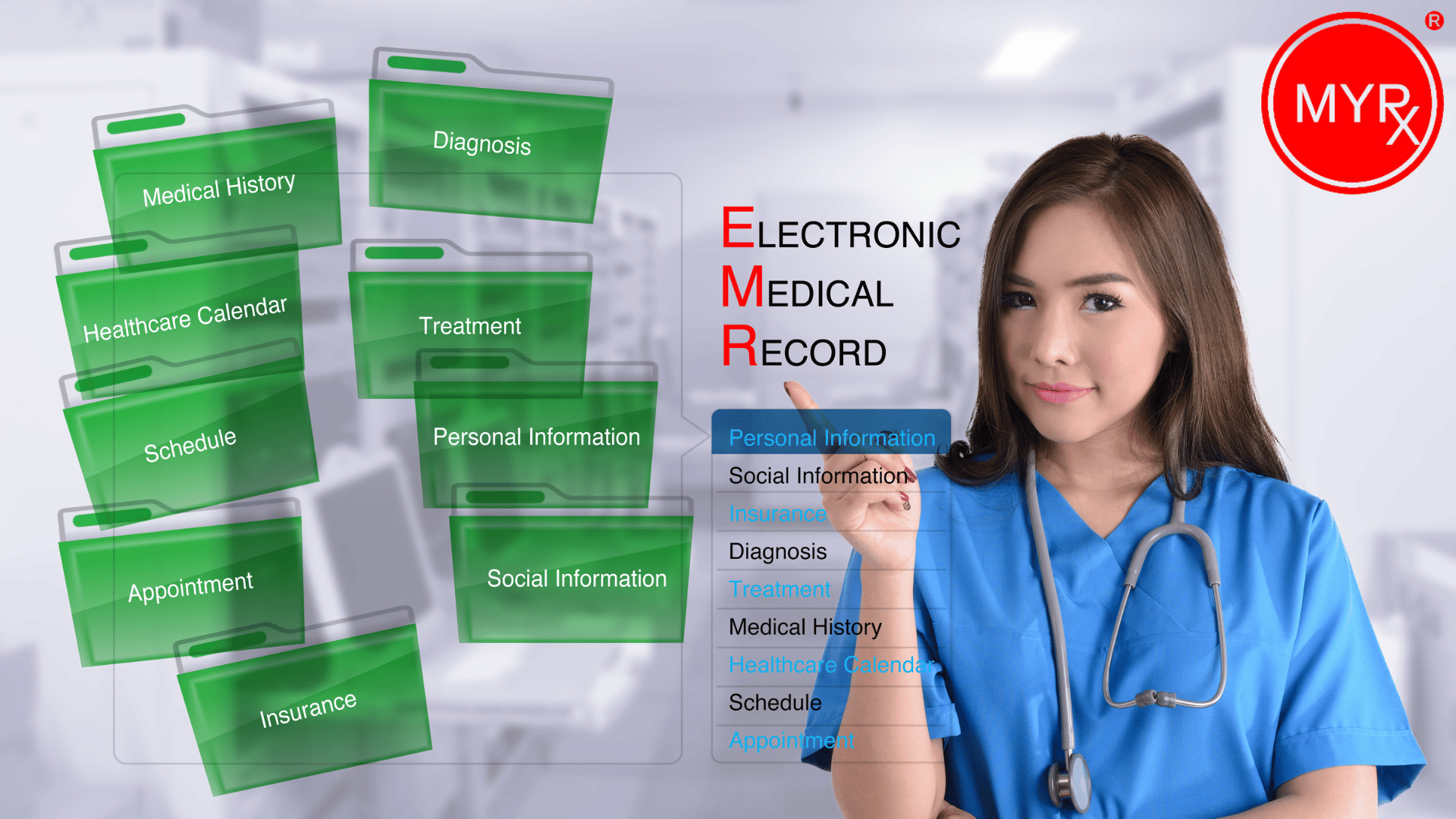
Data-Driven Medicine: Leveraging EHR Systems for Evidence-Based Decision Making
Introduction
In the era of digital healthcare, electronic health record (EHR) systems have transformed the way patient data is collected, stored, and analyzed. Beyond their fundamental purpose of record-keeping, EHR systems offer immense potential for data-driven medicine, enabling evidence-based decision-making for healthcare providers. This article explores how healthcare professionals can leverage EHR systems to harness the power of data and enhance the quality of care through evidence-based practices.
Comprehensive Patient Data Collection:
EHR systems serve as repositories for a wide range of patient data, including medical histories, test results, vital signs, allergies, and more. By capturing and centralizing this information, healthcare providers have access to comprehensive and up-to-date patient records. This holistic view enables them to make informed decisions based on a complete understanding of each patient's health status.
Real-Time Access to Data:
One of the primary advantages of EHR systems is the ability to access patient data in real-time. Healthcare professionals can retrieve lab results, radiology images, medication records, and other crucial information instantly, eliminating the delays associated with traditional paper-based records. Real-time access to data allows for timely interventions, facilitates rapid diagnosis, and supports evidence-based decision-making.
Data Analytics and Insights:
EHR systems offer powerful data analytics tools that can process and analyze large volumes of patient data. By leveraging these capabilities, healthcare providers can uncover valuable insights and patterns within their patient population. Data analytics can identify trends, risk factors, and potential treatment outcomes, enabling evidence-based decision-making and personalized care plans based on data-driven insights.
Clinical Decision Support Systems (CDSS):
EHR systems often incorporate clinical decision support systems (CDSS) that provide healthcare professionals with evidence-based guidelines, best practices, and alerts. CDSS tools can offer recommendations for diagnoses, treatment options, drug interactions, and preventive care based on the patient's specific conditions and clinical data. These tools serve as valuable resources to support evidence-based decision-making at the point of care.
Quality and Performance Metrics:
EHR systems facilitate the collection and tracking of quality and performance metrics, allowing healthcare providers to monitor and evaluate their practice patterns. Metrics such as adherence to clinical guidelines, medication reconciliation rates, and patient outcomes can be measured and analyzed. This data-driven approach enables healthcare professionals to identify areas for improvement, implement quality initiatives, and optimize the delivery of evidence-based care.
Population Health Management:
EHR systems enable healthcare providers to analyze data at the population level, helping identify health trends, patterns, and areas of concern within their patient population. By identifying high-risk patients, preventive interventions can be implemented, resulting in better health outcomes and cost savings. EHR systems also facilitate population health management initiatives such as disease surveillance, outbreak detection, and public health reporting.
Conclusion
EHR systems have revolutionized healthcare by providing healthcare professionals with access to comprehensive patient data and powerful data analytics tools. By leveraging the potential of EHR systems, healthcare providers can make evidence-based decisions, deliver personalized care, and improve patient outcomes. The integration of data-driven medicine into clinical workflows enables healthcare professionals to stay at the forefront of evidence-based practices and contribute to a more efficient and effective healthcare system overall.